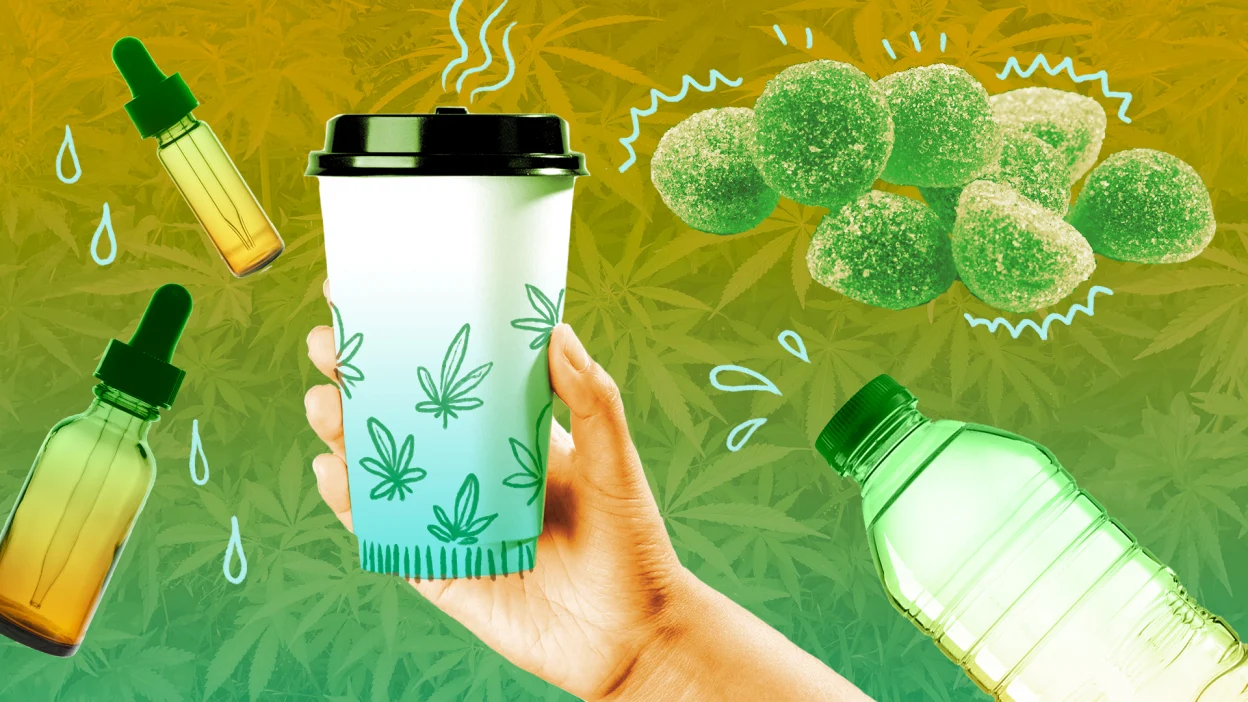

Gummies and other edibles have gained immense popularity as a preferred means of CBD consumption, thanks to their convenience, precise dosage, and delightful flavours. These delectable treats present a discreet and pleasurable method to integrate CBD into everyday life, attracting those in pursuit of alleviating conditions such as anxiety, chronic pain, and sleep issues.
Age considerations
Age plays a significant role in the accessibility of CBD edibles, with varying legal regulations across states in the U.S. Although CBD products are federally legal, individual states impose restrictions on their purchase and consumption, especially for minors. These regulations often stipulate a minimum age requirement, commonly set at 18 or 21, to buy and use CBD products. These regulations are in place to ensure the responsible use of CBD and to prevent accidental ingestion by children and adolescents, whose developing brains may be more susceptible to the potential effects of CBD.
Underlying health conditions
While CBD Gummy is generally considered safe and well-tolerated, individuals with certain underlying health conditions or taking specific medications may need to exercise additional caution when considering CBD edibles.
For example, those with liver or kidney disorders may need to consult with their healthcare provider before using CBD products, as these conditions can affect the metabolism and elimination of CBD from the body.
CBD has the potential to interact with certain medications, including blood thinners, antidepressants, and anti-seizure drugs. These interactions can either increase or decrease the effectiveness of the medications or lead to potential side effects.
Pregnant and breastfeeding women are also advised to exercise caution when it comes to CBD edibles, as there is limited research on the potential effects of CBD on fetal development and breast milk composition.
It’s crucial for individuals with underlying health conditions or those taking medications to consult with a qualified healthcare professional before incorporating CBD edibles into their routine. Open communication with medical experts helps ensure these products are safe and effective while minimizing potential risks.
Dietary restrictions and allergies
When it comes to the accessibility of CBD edibles, dietary restrictions and allergies are important factors to consider. Many CBD gummies contain ingredients such as gelatin, which may not be suitable for individuals following a vegan or vegetarian diet. Some CBD edibles may contain allergens like soy, nuts, or gluten, which could pose risks for those with food allergies or sensitivities. It’s essential to carefully read the ingredient lists and consult with manufacturers to ensure the product meets your dietary requirements and restrictions.
Responsible use and education
Despite the growing popularity of CBD edibles, there is still a need for increased education and awareness surrounding their responsible use. While these products are generally considered safe, it’s crucial for consumers to approach their use with caution and to follow best practices. CBD edibles often come in pre-measured servings, making controlling and monitoring intake easier. However, it’s essential to start with a low dose and gradually increase it until the desired effects are achieved, as everyone’s body chemistry is unique, and the optimal dosage may vary.




